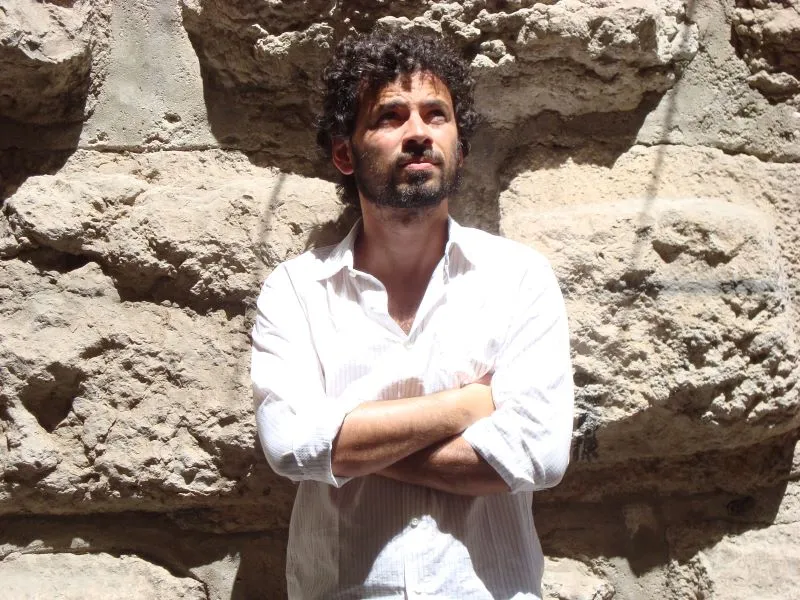
Poetry and Law, or the Art of Words
"A poem is born from something that I see, that I hear, that I read. And that intrigues me and inspires me. But then, before what I write becomes definitive, a few months must pass. Time to see what inspired me in a different light." Giovanni Tuzet, full professor of Philosophy of Law at Bocconi University, is a jurist and poet or perhaps the other way around. Or, better still, the order is not important, because the two disciplines have aspects in common that intersect without either having the upper hand. "I feel I believe in the illusion that a verse can throw light where the arguments do not reach. So my goal is to leave open, to feed a circularity between discourses, between poetry, legal experience, and philosophical reflection," he says.
Giovanni Tuzet began writing verses as a young man, around the age of 14, "on the wave of adolescent emotions and passions," and he never stopped, even if his artistic vein for a long time turned towards music, following a deep-rooted family tradition. "During my university years I played the double bass, at a level that took a lot of effort, not just a hobby. But then, during my doctorate, which for me meant a period in Turin and another in Paris," continues Tuzet, "I dropped it. Literature, for someone who has to move, is much more practical." That is, a notebook ("because I still write on paper, some new generation poets even write on mobile phones") is much easier to carry around than a double bass. And then poetry has an enormous value: conciseness. "Poetry says too much in a very short time," argued Charles Bukowski. And Tuzet agrees, even if he would replace "too much" with "a lot": "A virtue of poetry is its essential being, to communicate a lot in a few words. But to understand if you are really communicating something you have to get out of your shell and open yourself up to comparison, especially to hang out with other poets, who may have a different perspective."
In the years around 2005, Giovanni Tuzet frequented the group of poets and writers who gave life to the magazine Atelier, a decisive experience in his training: "My first books were oriented towards experimental writing, with great attention to rhythm. The others from Atelier, on the other hand, had a different vision, they aspired to greater clarity, I would say to logic. And this led me in a different direction, towards studies of logic and legal reflection, a continuous osmosis between my profession as a jurist and poetry. Even if there are evident forms of mingling and reciprocal influence between the two disciplines." Poetry, we said before, has the ability to communicate a lot with very few words, but how important is it to understand who you are talking to? "For me very little," replies Tuzet. "If I write an academic article, I have to be aware of the audience I am addressing. This is not the case in poetry. Poetry claims to be universal. Then obviously in a text there are various levels of reading and understanding, but this is a problem that I do not ask myself. " Another merit that poetry has is that of the importance it gives to every single word. Is this also the case in the courtroom for Giovanni Tuzet? "When I teach, I have the opportunity to model the language and choose words that also have an aesthetic-literary value", explains the teacher. "Maybe obsolete words, or more simple and direct ones. I like to see the reactions they arouse." His latest book, L'avversario (Vydia publishing house), has just been presented at the Turin Book Fair: "It is a volume structured around the experience of conflict, with the idea that in many areas of our life we happen to confront an opponent. And this happens both in nature and in our society."